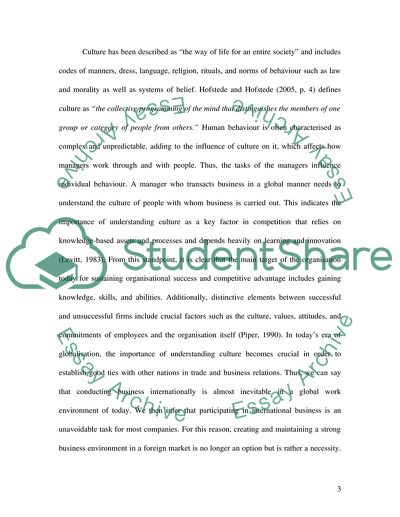Cite this document
(“Saudi Arabia Business Ethics Essay Example | Topics and Well Written Essays - 2250 words”, n.d.)
Saudi Arabia Business Ethics Essay Example | Topics and Well Written Essays - 2250 words. Retrieved from https://studentshare.org/miscellaneous/1552314-saudi-arabia-business-ethics
Saudi Arabia Business Ethics Essay Example | Topics and Well Written Essays - 2250 words. Retrieved from https://studentshare.org/miscellaneous/1552314-saudi-arabia-business-ethics
(Saudi Arabia Business Ethics Essay Example | Topics and Well Written Essays - 2250 Words)
Saudi Arabia Business Ethics Essay Example | Topics and Well Written Essays - 2250 Words. https://studentshare.org/miscellaneous/1552314-saudi-arabia-business-ethics.
Saudi Arabia Business Ethics Essay Example | Topics and Well Written Essays - 2250 Words. https://studentshare.org/miscellaneous/1552314-saudi-arabia-business-ethics.
“Saudi Arabia Business Ethics Essay Example | Topics and Well Written Essays - 2250 Words”, n.d. https://studentshare.org/miscellaneous/1552314-saudi-arabia-business-ethics.


